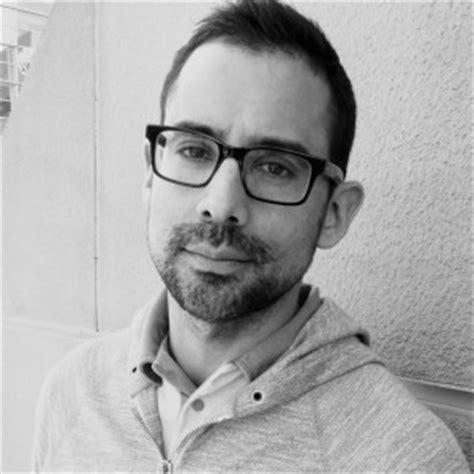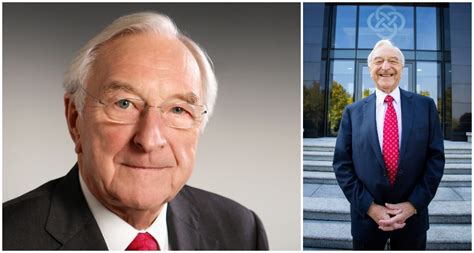A Quote by Matthea Harvey
I suppose it's useful in designating writing that tends to come from personal experience, work that delineates an "I," but it's a loose lasso, one which may rope certain poems by one poet and not others.
Related Quotes
These are crystalline - oftentimes incandescent - translations of Juarroz's powerful metaphysical poems where eternity and silence jut up against a world where “writing infects the landscape” and there are “more letters than leaves” - The kind of match one hopes for where both the translator and the poet are in luck; new poems which don't leak and yet old poems in which the original passion shines.
Of little use, the man you may suppose,
Who says in verse what others say in prose;
Yet let me show a poet's of some weight,
And (though no soldier) useful to the state,
What will a child learn sooner than a song?
What better teach a foreigner the tongue?
What's long or short, each accent where to place
And speak in public with some sort of grace?
I do feel that now and I feel that this development of recording poems, of speaking poems at readings, of having records of poets, I think this is a wonderful thing. I'm very excited by it. In a sense, there's a return, isn't there, to the old role of the poet, which was to speak to a group of people, to come across.
If the motive of writing is for some people a kind of exercise in dirty laundry, that's one thing. I've always thought of my poems as meant to be overheard, as I think all of these poems are. It seems to me if you get experience right, even your most painful or humiliating experiences - if you get those experiences right for yourself and make discoveries as you go along and find for them some formal glue - they will be poems for others.
I find myself absolutely fulfilled when I have written a poem, when I'm writing one. Having written one, then you fall away very rapidly from having been a poet to becoming a sort of poet in rest, which isn't the same thing at all. But I think the actual experience of writing a poem is a magnificent one.





































